A conversation with The Big Painting Challenge artists
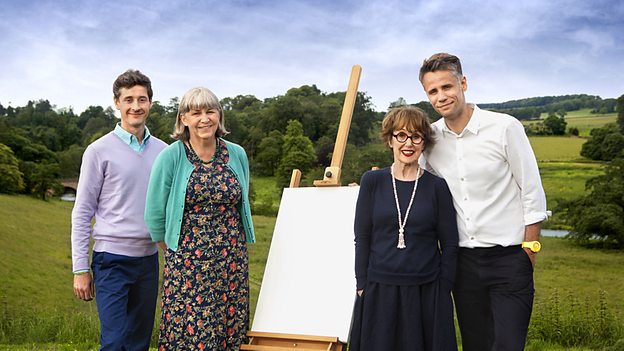
After tackling a number of challenges testing their artistic skills, the contestants of the BBC show The Big Painting Challenge talk about their experience on the programme, and share their views on the methodology and inspiration behind their works.
Heather, you took up painting three years ago, but your passion for art dates back many years. Why did you let it lie dormant for such a long time?
Heather Harding: It’s quite funny, but I always knew that I would step into this point and I knew it would be a bit later in life. I was just embarking on a fashion career and a friend said to me “Why are you saying that your fashion career has a limited time span?” I said it’s because I knew that at some point in the future I’d be a painter and it would all change again, and he thought that was very odd, and I suppose it is, but it was an intuitive thing. I love art, but fashion at the time was really what I wanted to be involved in, and it was just like a little voice in the back of my head, that said “One day you will be painting.” I did have a go [back then] and really loved it, but sort of put it on the back-burner, because I wasn’t really finished with other things in my life that I was interested in, whereas now it’s the time to step into that.
You say you’re more inspired by the human figure than landscapes. What excites you more about people as subjects?
HH: The thing with landscapes is that whenever I look around I just see green, and that’s it. Or I just see buildings. I love architecture, but there’s nothing about it that really inspires me to go away and paint, but when I look at people, I just find faces fascinating. There’s so much to them – the lines, the skin tones, the curves, the shadows – all of these things I find really appealing. I guess I always like looking at people and I studied life drawing for quite a long time, so I think it’s a natural progression from that.
How did you manage the pressure of painting on camera?
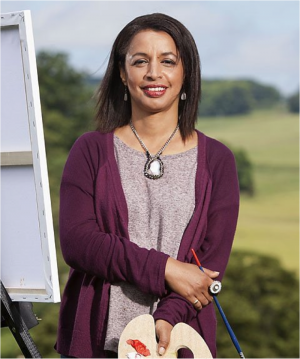 HH: Actually, painting on camera wasn’t difficult at all. Once I got started they weren’t a bother. The BBC had already filmed us as part of the audition process, so it wasn’t a surprise. Being interviewed while trying to paint – well, that’s a different story! It’s really not easy to paint and have a conversation at the same time, or answer questions. It breaks your concentration, which makes painting to a time limit harder, as your time is very precious.
HH: Actually, painting on camera wasn’t difficult at all. Once I got started they weren’t a bother. The BBC had already filmed us as part of the audition process, so it wasn’t a surprise. Being interviewed while trying to paint – well, that’s a different story! It’s really not easy to paint and have a conversation at the same time, or answer questions. It breaks your concentration, which makes painting to a time limit harder, as your time is very precious.
Will you paint professionally now or are you ready to go back to your day job?
HH: I’d love to paint professionally, but I think I have a bit more to learn before I can reach that sort of standard. It is my goal though. Mind you, I have said that to people recently and their response is always the same: exactly when do you become a professional? Where’s the line? Maybe it’s in your head. Or do you become professional when you start to sell?
Would you do the show again?
HH: With the benefit of hindsight, yes. I think if I knew exactly what I was letting myself in for before the show, I might not have done it, I think it would have been really daunting, and that naivety was really good actually. I haven’t had children, but people say to me that when you have a child, if they told you beforehand what it’s like you would never have children. It’s the same thing: I would do it again but I would approach it quite differently. I would be more relaxed, for a start, I think I would worry about it less, but I think once you’ve been though a particular journey once, it’s easy to go through it again, isn’t it?
Alison, do you think the purpose of painting is to capture a moment objectively, or is the subject in front of you just a starting point you can use to fuel the imagination?
Alison Stafford: That’s a really good question. I think everybody who is a painter will answer that in a different way. For me, it’s about an emotional response to something that I’m trying to capture, and whether that’s through colour or maybe the positioning of a person or an animal – I deal mostly with animals – it’s about getting the viewer to feel the emotion you felt when you painted it, which is really hard to do. I admire photo-realistic painters to no end but I think everyone has their own style and their own reason for painting.
It is said that painting is therapeutic, do you find that to be true in your experience?
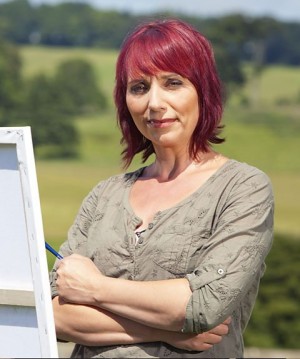 AS: I think that when you’re painting you get totally wrapped up in it, it is all-consuming. You can lose hours and hours trying to concentrate on a particular thing, but when it goes wrong, which it frequently does, there can be moments when you just want to tear your hair out. I think in the programme, the judges really responded to artists that showed that they were prepared to just screw something up and start again, if they felt it wasn’t going their way.
AS: I think that when you’re painting you get totally wrapped up in it, it is all-consuming. You can lose hours and hours trying to concentrate on a particular thing, but when it goes wrong, which it frequently does, there can be moments when you just want to tear your hair out. I think in the programme, the judges really responded to artists that showed that they were prepared to just screw something up and start again, if they felt it wasn’t going their way.
The viewers’ response to a painting is a matter of personal taste, and some of the greatest artists were criticised in their time. Do you think there is any value to criticism, or should art be total freedom of expression, and therefore beyond the reach of judgement?
AS: In this type of scenario, when you are still learning, I think criticism is good because it can only help to point out things that you perhaps hadn’t noticed. If you have professional artists that have obviously done that journey already, then they don’t have to take criticism on board, but everyone’s opinion is valid with art I think. Everyone sees things differently, everyone appreciates things differently, so it’s a tricky one. Yes, art is free expression but you have to be prepared to take a hit from someone who doesn’t like it.
What was your personal response to criticism on the show?
AS: Some of the comments were really quite hurtful! Because you’re putting your heart and soul into something, it was quite hard to take, especially knowing that there were people listening and it was going to be on national television! [laughs] It was slightly humiliating in some cases, but you’ve just got to take the rough with the smooth. There were good comments as well and that’s what you’ve got to latch onto.
Do you have any advice for novice artists and those who take up art later in life?
AS: Just keep on practising. Practise, practise, practise! Practise really looking at something and observing it in great detail, that will really help your drawing, and drawing is the foundation of good art. I would just say to persevere.
Richard, which artist/s do you admire the most?
Richard Salter: I’m mainly inspired by life itself, as opposed to other artists. I like to feel something raw and honest and then explore how I can translate that feeling onto canvas, that’s the hard part. I love to watch a viewer unknowingly to see if the message got across without any other influence than the work itself.
Anne, is there anything in particular you wish you’d done differently over the course of the show?
Anne Blankson-Hemans: I should have practised more. I assumed 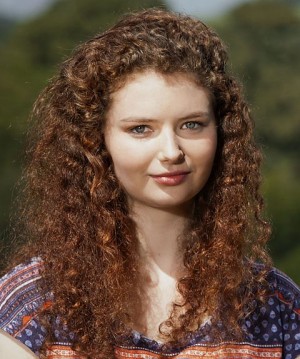 because I love art so much that I would be able to handle any medium and any challenge thrown at me. I had such an awakening!
because I love art so much that I would be able to handle any medium and any challenge thrown at me. I had such an awakening!
Claire, has the competition changed the way you paint?
Claire Parker: I used to really labour over my work, but having painted under such strict time restraints, I work a lot more quickly now. The programme taught me that trying to strive for perfection is often counterproductive.
What inspires you, Amy?
Amy Goldring: The joy I feel at being alive and a driving need to communicate that to other human beings, to uplift and inspire. This has always been the case since I was a tiny child, I feel this joy was inspired by the amazing love of my family, and also growing up with music all around me. Music is a central force in my work, I try to make a visual dance with colour patterns and rhythmic flowing lines.
Mersa Auda
For further information about The Big Painting Challenge visit here and follow the links for information about individual artists.

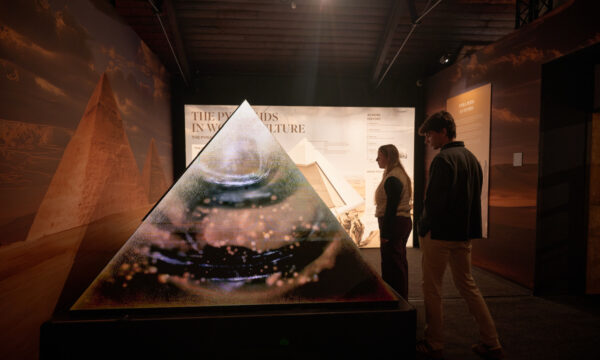
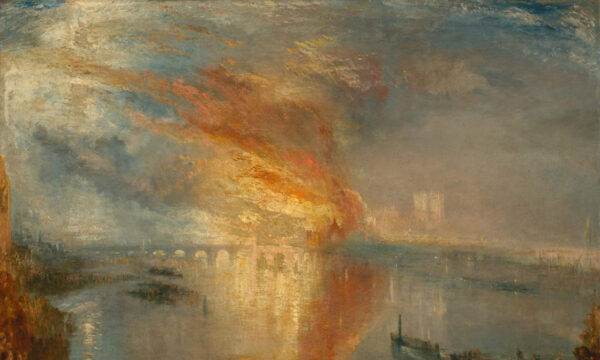
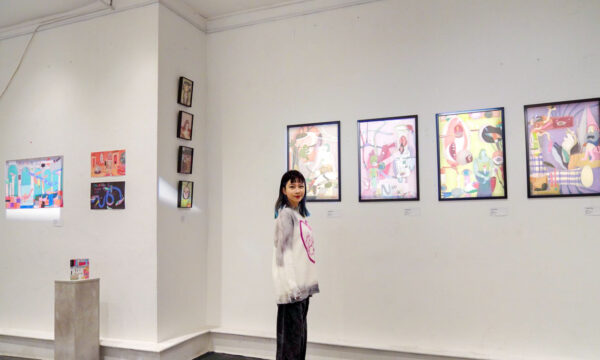
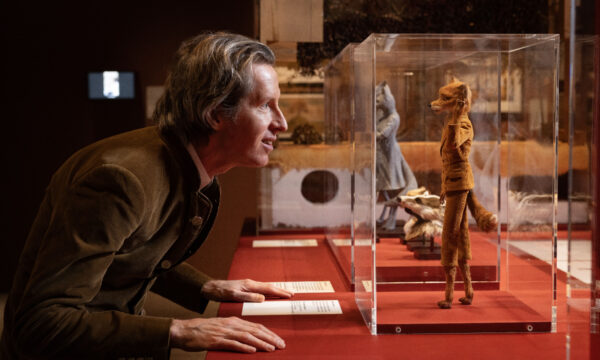
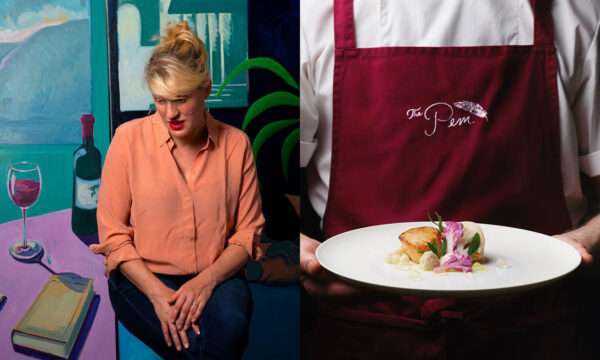
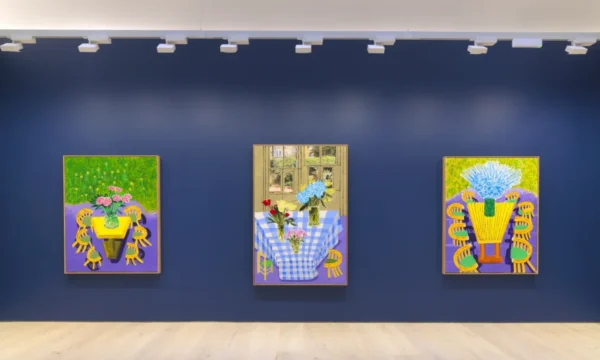
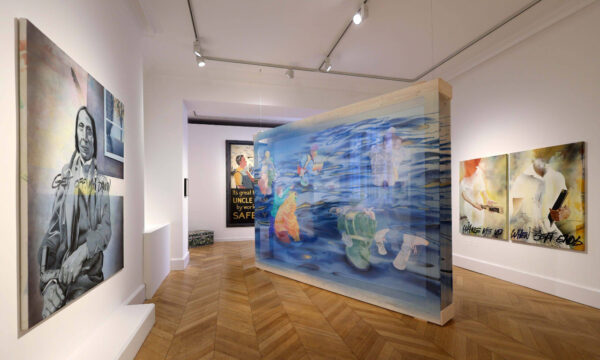
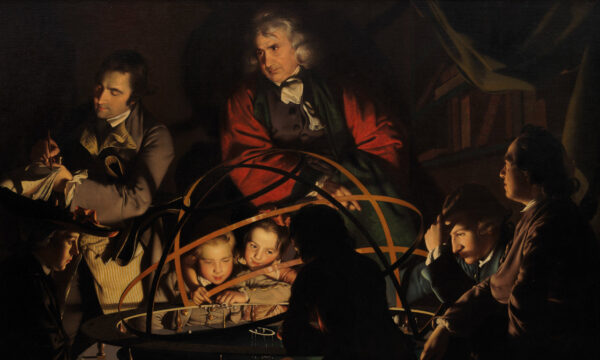
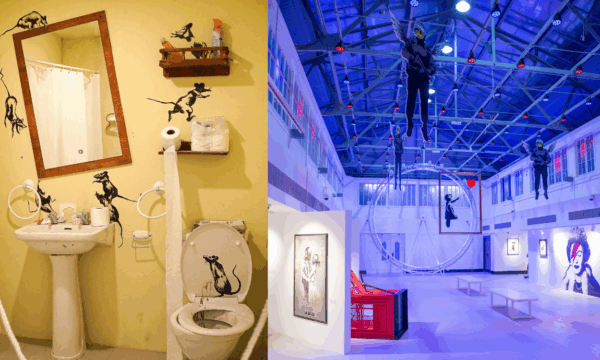
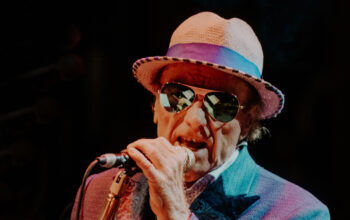
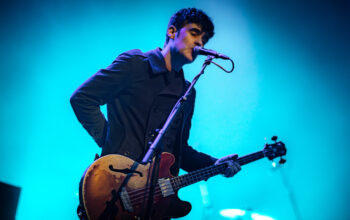
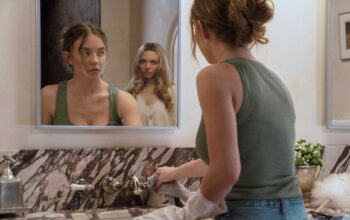
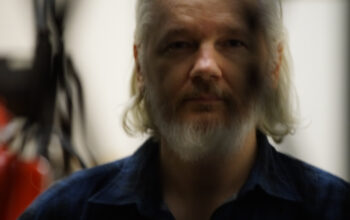

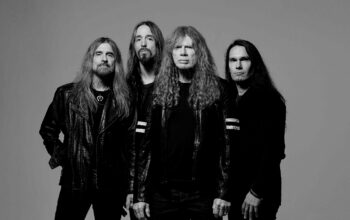
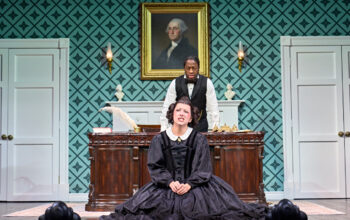
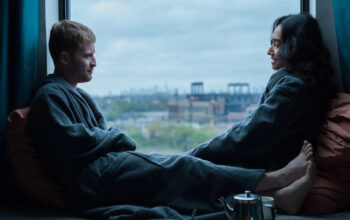




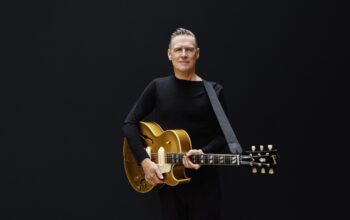
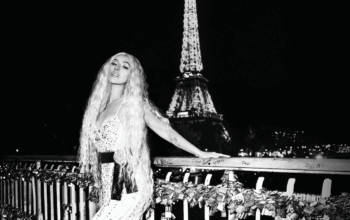
Facebook
Twitter
Instagram
YouTube
RSS